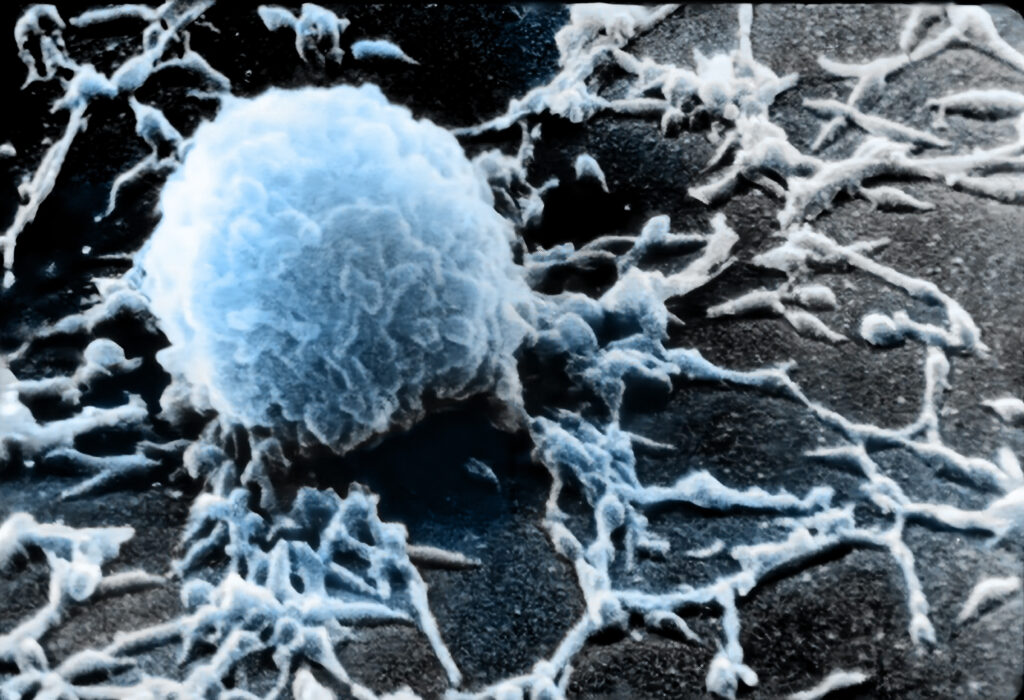Despite the large variations, all IVD results have important implications that may impact disease diagnostics, therapeutics, and treatment plans, as well as disease monitoring. The clinical implications of IVDs make it especially important that testing is accurate and free of any contaminants, such as mycoplasma, that may alter the results.
Inherently, IVDs are susceptible to mycoplasma contamination. Because IVDs involve human cells, the samples may be contaminated. Such contamination with mycoplasma can affect the metabolism, proliferation, and chromosomal aberrations of the cells in the sample, compromising the results of an IVD test.
When to Test
IVDs are required to meet GMP specifications of the FDA. Thus, IVDs in development or in manufacturing should also undergo regular testing for mycoplasma contamination prior to clinical use.
Mycoplasma contamination may also exist in the reagents used in IVD tests. Raw materials supplied by the manufacturer may be contaminated upon initial receipt. Many IVDs include the media and cell culture reagents necessary to process the samples. Such reagents are susceptible to mycoplasma contamination. Some IVDs involve cell lines as a reagent, and these IVDs are especially susceptible to mycoplasma contamination. Thus, it is important to test raw materials for mycoplasma upon initial receipt as well as any cell lines that are used for the IVD. Cell lines should be tested upon initial receipt and any time a line is cultured or passaged. Read more about how mycoplasma can infect your raw materials.

Mycoplasma contamination may come from laboratory personnel. Since mycoplasma is airborne, it is possible that raw materials become contaminated over time as more personnel work with the reagents. Thus, regular mycoplasma testing of IVD platforms and their raw materials will prevent mycoplasma from adversely affecting clinical test.